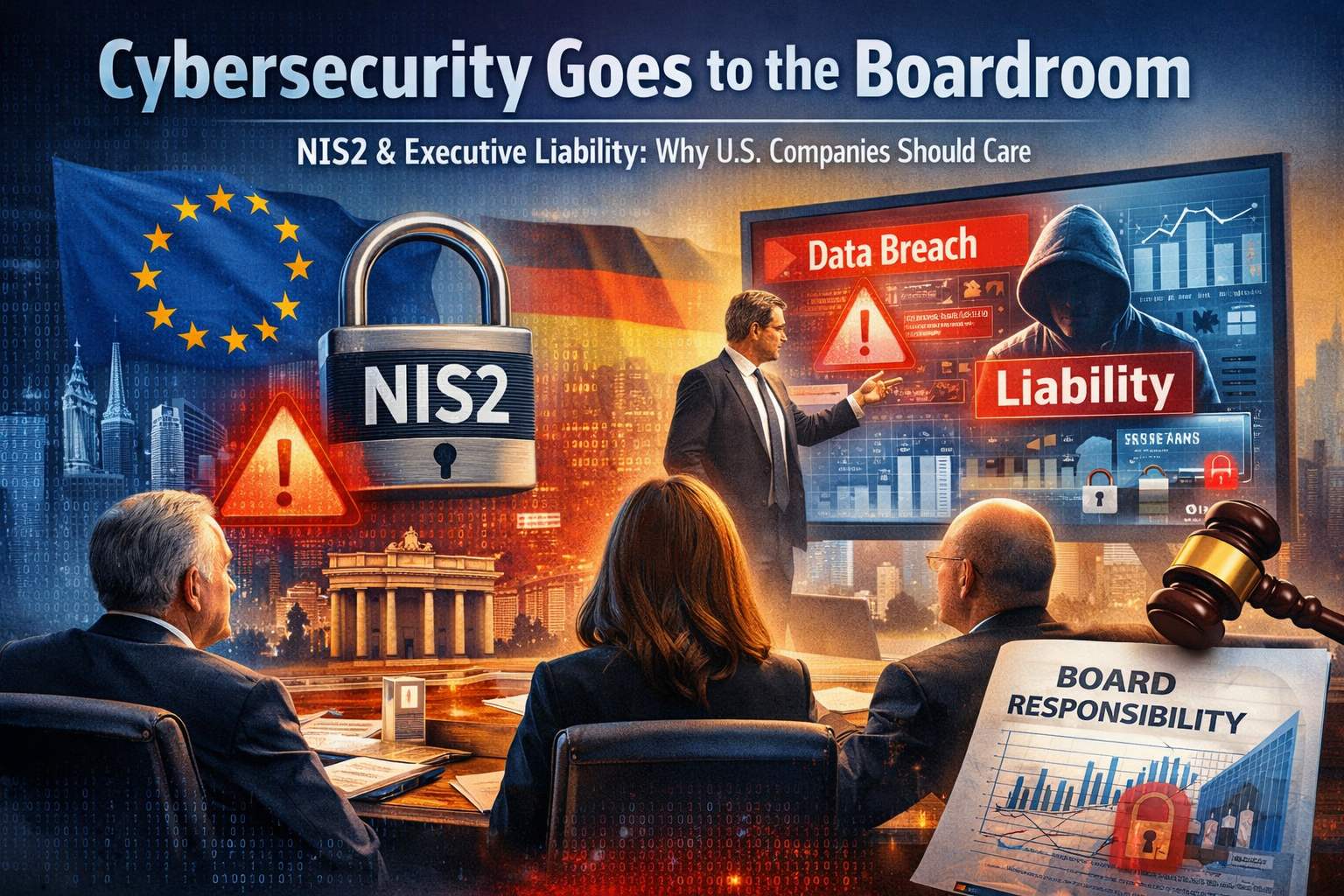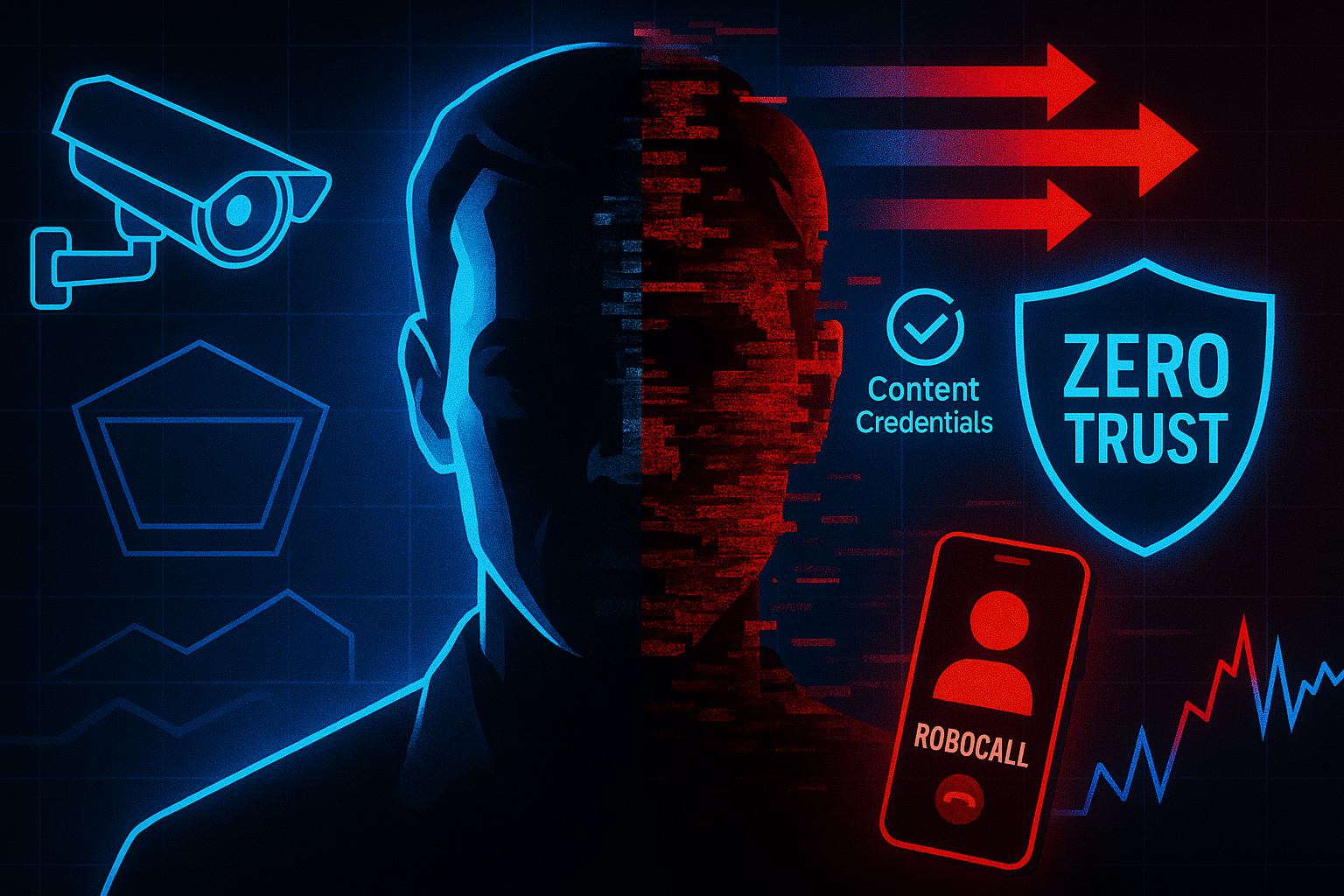by Rhiannon Williams
Share
by Rhiannon Williams
Share

The Data Breach Every American Should Know About
Within a database that has over 4 million records, what do you think the most common name is? What is the most common birthday? The least? What is the probability that the dataset will have people with dual citizenship, or from each of the 50 states? These questions become important when it comes to our very confusing data breach reporting laws, smathered inconsistently, like peanut butter on brittle crackers, across our nation’s 50 states and territories. When a data breach occurs that leaks sensitive information, each state, which means each state impacted by the leak, must be notified as they have written into law and that might mean then individual, and/or attorney general; but these laws are not consistent and do not carry equal weight. Sadly, this is only part of the problem.
In August 2025, TransUnion LLC was hit by its second major data breach, involving the dump of core customer data that included the social security numbers of 4.4 million Americans. The US credit reporting agency was tight-lipped about the actual cause, using generic and broad language in their breach reporting templates, written by attorneys, which listed vague details to protect their client. The ‘least required’ is the default policy of legal teams and large companies, because ignorance is bliss and likely gives them a pass in error, as long as they communicate only by phone and avoid putting anything in writing (so sayeth anyone in a corporate environment). We cannot afford errors in this space, and thus it should be handled by those who know what they are doing, not those trying to minimize damage. Post-breach is simply a game of transparency under pressure. No excuses.
As long as there is ‘no record’ that you actually meant to report less than what was required, there should be no foul, right? Perhaps in the eyes of various US states’ privacy laws, or the feigned innocence of many a legal team. Legislation has yet to catch up with reality, and most cyber breach lawsuits are literally suing for ANY security failure. Do you know any business that has their patching perfect? No? Exactly. Paired with what would appear to be a sparse duty of reporting to states involved, with no evidence to indicate members of that dataset are those with dual citizenship, and the ever-growing list of people starting to fully understand the risk these large private entities are taking with our personal information.
Yet again, it is one more failure to add to the growing list of non-governmental agencies that literally hold all of our data, which is both used to verify our identities and validate our trustworthiness. Yet again, they put everything online to be more efficient, but in essence, they allowed attackers in through bad practice and bureaucracy. Had they had a real cybersecurity expert in their planning sessions, it might have been suggested to take their datasets, which are considered critical infrastructure and a matter of national security, offline. But no. Do you know who they likely had advising them? The train of people who let the unskilled lead them down a path of being hip with the kids, who likely got a degree at the University of Paper-mill, and the qualified were shipped off to retirement by bad layoffs and disability pastures.
Bigger questions arise with this particular data breach, such as the full scope and range of the data reported. Each state has its own data breach reporting guidelines, but not every state requires notification to the Attorney General unless a certain number of residents have been impacted. As of today only eight states do not require it; Georgia, Michigan, Minnesota, Mississippi, Ohio, Tennessee, West Virginia, & Wisconsin. Other states have resident thresholds that do not require reporting which vary widely.
The likelihood of such a large dataset to have individuals that hold dual citizenship is present, which would then require breach reporting internationally, (perhaps via DPA/ICO) and one would wonder if private companies that are also considered a critical asset to national security should actually go offline, and localize their datasets to protect consumers. Because we have really had enough of other people playing risky bets with our future via bad devops decisions.
In the last 10 years, 5 major data breaches have occurred that compromised our personal information at credit bureaus, so basically every single US citizen has had their data breached in some way that could be catastrophic, or a field day for scammers. One’s Social Security Number can be easily guessed in an analog fashion regardless, if someone knows your birthdate and the hospital you were born at but it is much easier to just look you up with an OSINT tool, go on the dark web, or depend on these ever present data-breaches that continue to put our information at risk. Digital Transformation was not implemented with care.
There have been suggestions to retire the social security numbers with something more secure, like a sha2/3 hash. The UK is rolling out Digital ID, which is scary for some, but also a relief to others as it means there is potential of less identification related fraud. The US would likely not be the right climate in this decade to roll something like that out. We have a lot of people very fearful of government misuse, and given the semi-recent history of how the government has handled their own data, it might be an understandable argument.
Ultimately, there are major unanswered questions here about who exactly is leading the helm at these large credit reporting agencies, healthcare companies, financial institutions and cloud providers. Most seem to hire their candidate pools from algorithms or keyword searches by those less experienced, opting to hire mostly those with a degree, which eliminates many over 40 years old from that hiring pool. Degrees were not around when most of us started. Of which, is likely the generation who will lead you down the right path to better security, because we were building our fortresses before the for-profit institutions decided that they knew what was best for everyone. But those algos, sadly, exclude that entire generation. And leadership just follows the hype that promotes the newly graduated as the solution to all your problems. Your recent data breach may be proof that many leaders lack understanding of their responsibilities.
So, with this fairly intense but semi-regular credit reporting data breach, we have many stories and many lessons to glean. But we might not have the right leadership at the helm to fully grasp these concepts yet. You need the right kind of leader. And that could be me. After 26 years, it’s my turn. Invest in me.
Corporate Security, Email Security, Malware, Corporate Espionage Investigation, Private Investigation(pending), and Investigative Journalism. I can help you steer your ship the right way.
~*~ Emergency Response Security Group ~*~ =^..^= Cyber Security Since 1337 =^..^= Hire me at https://cyb.ersecurity.com
The full August 2025 TransUnion data breach template is found HERE.
STAY IN THE LOOP




